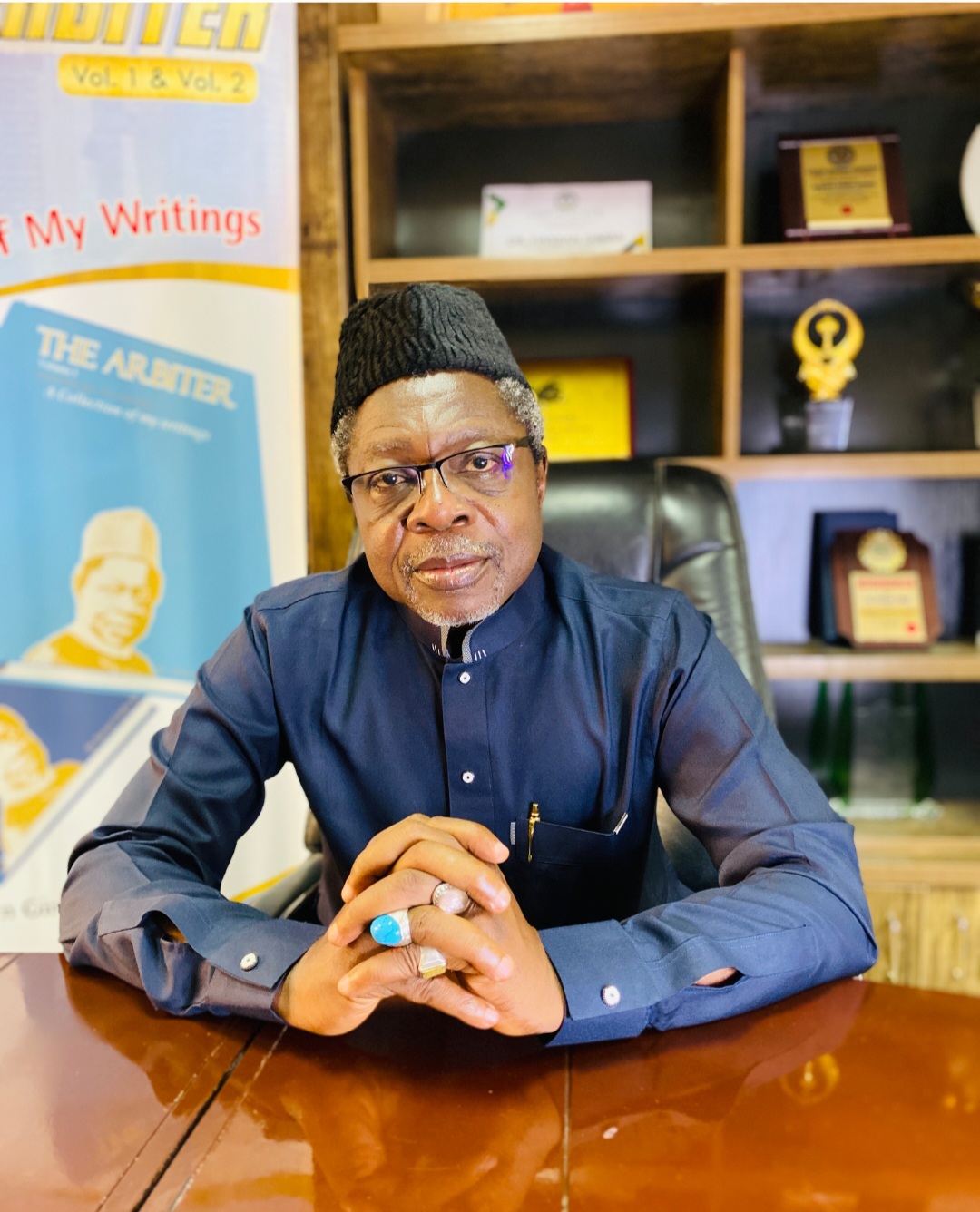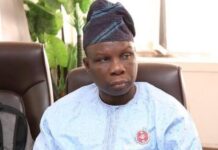The Arbiter
There is no doubt that trust was the main determiner in making earlier citizens pay taxes willingly. There was trust in the leadership of the day and the knowledge that the taxes collected would not be misappropriated. Now, even the gate man in a motor park or market sees the tax he collects at the gate as his. Some have their tickets. When such collection points take the remaining proceeds to the next point, it gets “edited” until the process reaches its final pool, where a large number is collected and pilfered in large measure.
With the taxes willingly paid, the people saw roads built, houses constructed, hospitals equipped, water supplied, security guaranteed, power available, and schools functioning.
You did not see much difference between the classes: the children of the ruling elite went to the same public schools as any other child. In primary school, I was in the same class with Mairo, daughter of Brigadier Musa Usman, military governor of the North East (now Adamawa, Bauchi, Borno, Gombe, Taraba and Yobe states) and Halima, daughter of Brigadier Abba Kyari, military governor of North Central State, present-day Kaduna and Katsina states.
Then you were assured of all the basic things to give you a peaceful and comfortable life, knowing your children’s future is being taken care of. Therefore, you had that trust that the tax you paid counted.
READ ALSO: Why Nigerians no longer want to pay tax (1), by Hassan Gimba
Now? Despite the tax paid being more than the salaries of those years, you know you must provide electricity for yourself and dig your water borehole. You pay through the nose for your children’s education and pay for your security and roads and drainages in your street. You must provide almost everything for yourself now to have any semblance of order.
Rather than a deliberate policy of making small businesses strong enough to pay taxes, the government, without assistance, now makes them pay taxes before even taking off, eventually sending many of them into oblivion.
One can make illustrations with business people such as the akara seller, tea vendor, vulcaniser, barber, tailor, carpenter, etc. A lady may set up a business by the side of her house, with no government road or drainage there. She buys charcoal, oil, frying pans, etc., from a loan someone gave her. But in a jiffy, the taxmen would be on her neck to pay up. Such insensitivity is the lot of our society. Some businesses use generators, and some do not even need electricity. They pay for business premises, buy their equipment, and pay VAT along the way, yet they are forced to pay tax by a government that has not provided them any assistance.
And worse, the more you pay, the less value you get. Just look at vehicle registrations. We knew when one was given a driving manual with other documents when registering a vehicle with the Vehicle Inspection Office (VIO). They stopped issuing the manuals, but the registration materials came with a booklet and other well-packaged materials. The more they increase the registration cost, the more they shortchange the people. They were giving the papers in an envelope-like jacket, but now, there are no jackets, and the documents which look more like photocopies are fewer. Yet the cost has gone up multiple times.
Therefore, many Nigerians have experience with how their tax money is being used, knowledge of what ought to be, and distrust of those entrusted with its disbursement. Almost all citizens have been forced to become unenthusiastic taxpayers, echoing Fela Anikulapo Kuti’s epic number, “Suffering and Smiling.”
I am sure the generality of Nigerian taxpayers would not mind if they knew their contributions were being used for the nation’s benefit. Therefore, Nigerian leaders and the governments they run must be truthful and concerned about the welfare of citizens and the well-being of the country.
Indonesia recently portrayed leadership and concern for the country in a to-and-fro between its government and Apple Incorporation.
The country banned the sales of the iPhone 16 because Apple failed to meet local content requirements. The country’s policy requires that phones sold domestically have at least 40 per cent locally made parts.
READ ALSO: Mr. President! The Goldilocks Solution, Please, by Hassan Gimba, anipr
Apple first proposed an investment plan worth $100 million to build an accessory and components plant, which the country refused, saying that wasn’t enough. This forced Apple to offer $1 billion, which the government accepted as a “first phase” of investment that will help develop its manufacturing sector. Their leaders did not hop into a luxury jet or yacht to go to Apple and beg them to come and add local content or do value-addition.
Now compare this to Nigeria, when in October the Nigerian Communications Commission bravely told Starlink that it could not arbitrarily double its subscription rate for the standard residential plan from ₦38,000 to ₦75,000. The next thing Starlink did was a method that would blackmail the NCC and force its hand into caving into its plan to fleece Nigerians.
Elon Musk’s Starlink has now stopped new subscriptions for Abuja, Lagos and Port Harcourt, knowing these places are where the elite and influential people live. In these areas, new subscriptions cannot be activated because there are no “slots.” A new subscriber therefore must be attached to an existing business enterprise, where he must cough out between ₦80,000 and ₦100,000 per month.
This blackmail and taking us for granted by foreign companies, especially those in the communications sector, can only happen here because they know our leaders do not give a damn. After all, they keep searching for where we can get succour and take hell there. Nigerians get relief and gains with money apps like Opay, Moniepoint, Palmpay, etc., escaping the Shylockian exploitation of conventional banks. The hands of our leaders have now reached them in such a way that they must roll back some comforts they were extending to their Nigerian customers and become exploitative.
After all, they live in the dam of affluence, made possible partly by our taxes. Nigeria, after all, is not Indonesia.
Hassan Gimba, anipr, is the publisher and CEO of Neptune Prime.
Follow the Neptune Prime channel on WhatsApp:
Do you have breaking news, interview request, opinion, suggestion, or want your event covered? Email us at neptuneprime2233@gmail.com





